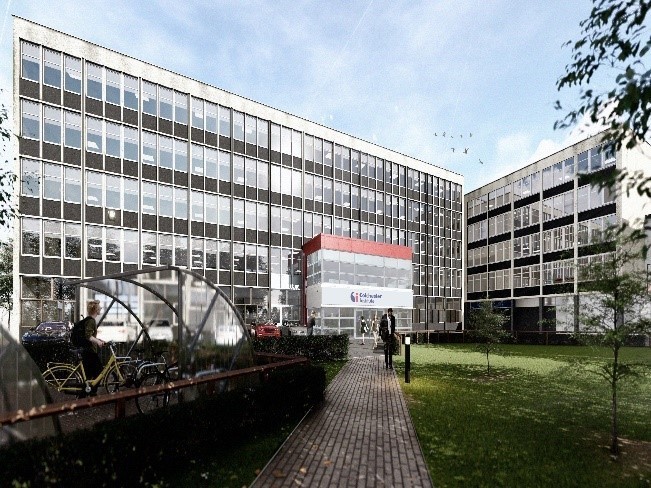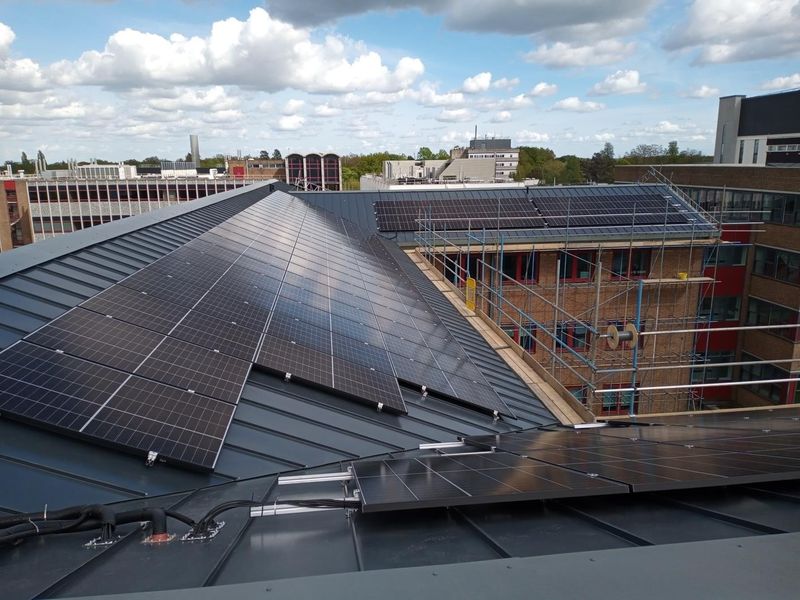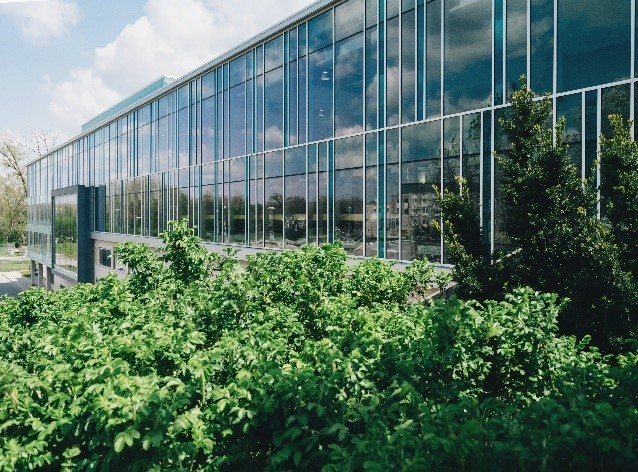How Heat Decarbonisation Plans can help you reach your financial and carbon saving goals
A blog produced by Salix Finance
Heat decarbonisation sits at the heart of the Government’s green agenda. After all, heating processes such as heating of spaces, industrial processes and hot water account for the largest fraction (37%)[i] of carbon emissions emitted by the United Kingdom today.
Furthermore, efforts to decarbonise heating and air conditioning throughout buildings will be necessary to achieve net zero carbon emissions by 2050.
Heat Decarbonisation Plans explained
Organisations looking to develop a strategy towards reducing their overall greenhouse gas emissions benefit highly from a focused Heat Decarbonisation Plan (HDP) which helps institutions to decarbonise their estates via low-carbon heating measures.
These can take the form of replacing older heating systems with heat pumps, electric heating, connections to district heating networks, and other low-carbon and renewable fuel sources.
When creating a HDP it is important to be aware of the type of building which you operate in, a university campus may have multiple buildings compared with a school or college’s single building. A HDP should be fit for purpose and outline current energy consumption and carbon emissions, heating systems, as well as plans to implement measures in the future.
Through a whole systems approach across different building elements, a HDP can assist in understanding how new heating solutions complements current or future energy efficiency projects in buildings.
By including an evaluation of your organisation’s resource and delivery capacity, budgets, electrical capacity, and low carbon heating opportunities, you can create an effective plan towards decarbonising your estates.
Leaning away from more traditional heating systems not only helps save carbon emissions, but also increases financial savings. A HDP is a useful tool to contribute towards your organisation’s goals, whilst also supporting the collective 2050 net-zero UK target.
Taking the initiative
A handful of universities are championing sustainability after acquiring Salix funding to develop heat decarbonisation plans and implement low carbon measures to their estates.
Colchester Institute have replaced their gas fire boilers with air source heat pumps and upgraded to insulating spandrel panels and double glazing. Their Building and Energy Management System (BEMS) will improve temperature control. The University of Reading reduced the heating demand and decarbonised its heating by inputting a smaller pump which would optimise energy efficiency.
Keele University have been able to implement a strategy which is projected to save 241 tonnes of carbon annually and enable the university to reach net zero by 2030. Heat decarbonisation has been targeted through the implementation of numerous upgrades from pipework insulation to air source heat pumps and a new smart heating control system.
Salix has been a proud supporter of the Green Gown Awards for many years, and we are delighted to sponsor the Sustainability Champion – Staff and Student – categories for the 2021 Awards. You can see the Finalists here.
Further information on our work with Higher and Further Education institutions and possible funding opportunities can be found on our website: www.salixfinance.co.uk.
















